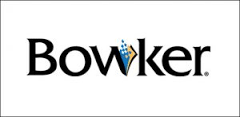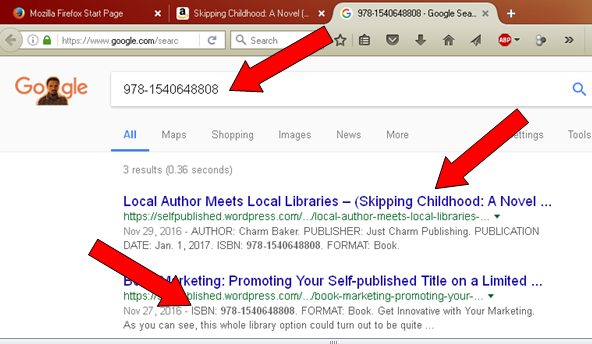If you’re a self-published author, you may be wondering how to decide whether you should have a paid ISBN number for your newly published book title.

I recently published “Skipping Childhood: A Novel (From Abused Foster Child to Adolescent Serial Killer).” You can find this dark urban drama in Amazon’s Mystery, Thriller & Suspense category. You might be surprised to learn that in addition to the suspense element, my novel is also a coming of age story. It chronicles the life of a twelve-year-old girl who resorts to murder and turns into a borderline sociopath.
When I released the book this past December, I struggled with the idea of whether or not to purchase an ISBN for the Skipping Childhood title. I had to go back and read some information I posted over two years ago concerning this issue. After considering all the facts about obtaining my own paid ISBN, I decided to wait for now. I will, however, be giving the topic much more consideration, especially with regard to buying a block of ISBN numbers from the Bowker website. The following details and comments from the “experts” may help you understand a little more about free versus paid ISBN numbers.
ISBN Facts
- The ISBN number is actually internationally accepted as the “standard book number” for a publication.
- It appears on the detail page and it is there for a reason; to identify that particular, unique version of your book.
- An ISBN number for your print book will not be the same as your digital book.
- If a book appears in different languages, you need to have an ISBN for each language version. The same is true if you create another edition.
Free ISBN
Publishers such as Smashwords and Amazon/Kindle (also distributors), do not require your new digital book to have an ISBN number.
The reason that mandatory because they will assign a “free” number to the title; one that will also help them to catalogue the book according to their own procedures. Since the “free” number is specific to whichever publisher happens to publish your book, you will usually get a warning about using it with different publishers.
This kind of makes you wonder whether or not multiple numbers will end up causing confusion? Bowker (ISBN.org) is the official site for everything pertaining to ISBN numbers. Here is what they had to say on the issue. “If an ISBN is obtained from a company other than the official ISBN Agency, that ISBN will not identify the publisher of the title accurately.” Bowker is the official source for ISBNs in the United States.
From their statements, we can “assume” that it makes more sense to pay for your own ISBN number. Paying for your own will allow you to use the same one for all your digital publishers.
While this may be the case, you still have another dilemma; whether to use a free, versus paid number for the PRINT version of your book.
ISBN for Print Books
Print books do not share the same ISBN number as their digital counterpart, even when you pay for the ISBN.
If you prefer purchasing your own ISBN number for your newly published title, you will need to buy two; one for your print version and one for your digital book.
ISBN Prices
You will spend no less than $10 for each ISBN if you buy them one at a time.
You can select the more expensive option of about $99 (or more) for a block of numbers. ISBNs are sold in blocks of 10, 100, and 1000. The price per ISBN decreases, the larger the block that you purchase.
Important Considerations
The ISBN publisher prefix is considered the “root” of the ISBN number. It identifies a single publisher; that is why, if another publisher subsequently obtains that same ISBN from the assigned publisher’s block of ISBNs, the publisher of record will remain the same.
That means that when someone searches the industry databases for the number, it will identify the original person as the owner of the ISBN number, even though it has been re-assigned. Ultimately, this can lead to the huge expense of applying for a new prefix, and re-assigning a new ISBN.
For print books, it could also lead to ISBN stickers being applied to books that are already printed and in circulation
Notice what the Bowker, the experts and final authority on the issue, stated to new authors and self-publishers:
“If you are a new publisher you should apply for your own ISBN publisher prefix and plan to identify and circulate your books properly in the industry supply chain. You may encounter offers from other sources to purchase single ISBNs at special offer prices; you should be wary of purchasing from these sources for the reasons noted above. There are unauthorized re-sellers of ISBNs and this activity is a violation of the ISBN standard and of industry practice. A publisher with one of these re-assigned ISBNs will not be correctly identified as the publisher of record in Books In Print or any of the industry databases such as Barnes and Noble or Amazon or those of wholesalers such as Ingram. If you have questions, contact the US ISBN Agency for further advice.”
ISBN.org by Bowker
Since ISBNs are sold in blocks of 10, 100, and 1000, Bowker suggests you estimate the amount of publications that you will be publishing (as much as five years in advance), then purchase the block that will suit your purposes best. For exact details on purchasing your own block of ISBN numbers for future use, visit their myidentifiers.com site.
